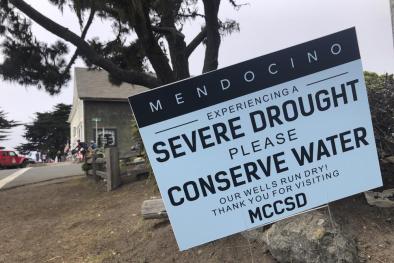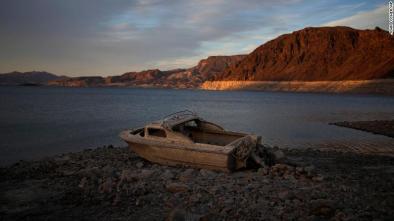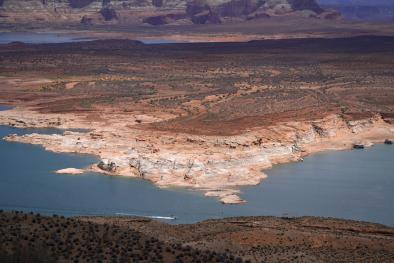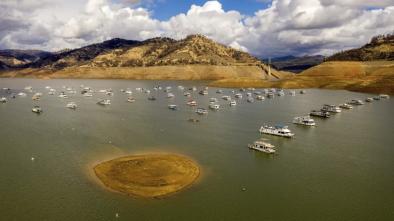First-ever water shortage declared on the Colorado River, triggering water cuts for some states in the West

Climate Signals summary: Federal officials, for the first time ever, declared a water shortage from the Colorado River on August 16 — yet another bleak indicator of the magnitude of the drought across the West made worse by climate change. The western US in the midst of an extreme megadrought, among the worst in recorded history, and rising temperatures due to climate change are responsible for about half the severity of the drought.[1]
Article excerpt:
Low water in the Colorado River’s largest reservoir triggered the first-ever federal declaration of a shortage on Monday, a bleak marker of the effects of climate change in the drought-stricken American West and the imperiled future of a critical water source for 40 million people in seven states.
...
“We are seeing the effects of climate change in the Colorado River basin through extended drought, extreme temperatures, expansive wildfires, and in some places, flooding and landslides,” Tanya Trujillo, the Interior Department’s assistant secretary for water and science, told reporters Monday. “And now is the time to take action to respond to them.”
...
A 22-year drought — the region’s most severe in more than a millennium — and climate change have made that fundamental problem worse. The alpine snowpack that feeds the river has been diminishing and was melting earlier this year. Parched soil soaks up much of it before it even enters rivers and streams. Extreme heat evaporates water in Lake Mead and other reservoirs more quickly and causes evaporation from plants.
Brad Udall, a senior water and research scientist at Colorado State University, said about half the decline in the river’s average annual flow — which has fallen 20 percent compared with the past century — is attributable to rising temperatures and half to declines in precipitation. He and other scientists say “drought” is no longer the appropriate word to describe the climate in the West. Instead, they say, it is aridification — a long-term, more permanent desiccation of a region.
Read the full story here: https://www.washingtonpost.com/nation/2021/08/16/colorado-river-water-cuts-drought/
Related Content






